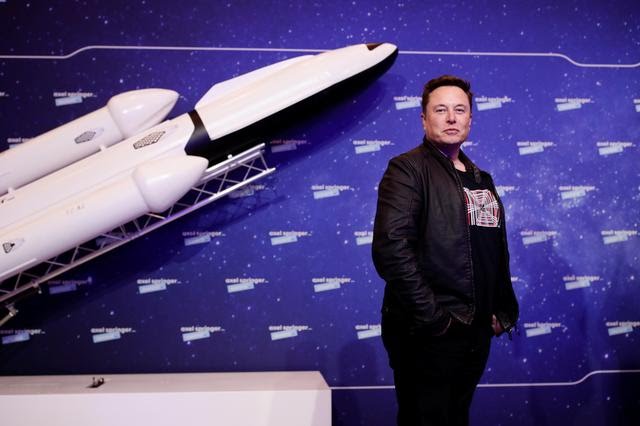SpaceX breaks India’s record of most satellite launch in a mission:
Elon Musk have been the talk since the last year. Recently after launching Tesla car this month in India, his company SpaceX broke India’s previous world record of record ( or should I say space record) of launching most satellite in a single mission. India launched 104 satellites in 2017, SpaceX launched 143.
For those who don’t know what’s SpaceX, it is a space exploration tech corporation. Founder and CEO being Elon Musk, their mission includes delivering cargo and from space station and even transport of crew to the orbiting laboratory.
The recent launch was more of a ride-sharing. According to the SpaceX, the rideshare programme offers cheap access for small space satellite companies, starting at USD 1 million for 200kg satellite.
The mission was called the transporter-1 mission. The rocket named Falcon 9, launched from the launch complex 40 this Sunday from Cape Canaveral Space Force Station in Florida. It flew south along the eastern coast of Florida. At one point it flew over India and its signal were caught by ISRO.
In the mission, out of 144 satellite, 133 commercial and government CubeSats, microsats and orbit transfer vehicle and 10 starlink satellite to space – again that’s the maximum set of satellite ever deployed in a single mission.
Starlink satellite was the first in constellation to be placed in the polar orbit. Starlink is a SpaceX’s lower Earth orbit satellite, whose aim is to provide broadband internet system to meet the needs of consumers across the globe by 2021.
The deployment sequence takes about 90 minutes and it was nail-biting since they separate in a span of few seconds not to forget the on broad NASA’s spacecraft.
SpaceX recovered the first stage on the “of course I still love you” drone ship in about 10 minutes after launch. And after an hour of the lift-off, the payloads started deploying over the course of about 90 minutes. According to sources, SpaceX offered a very low price of USD 15k per kilogram for each satellite to be delivered to a polar sun-synchronous orbit.

